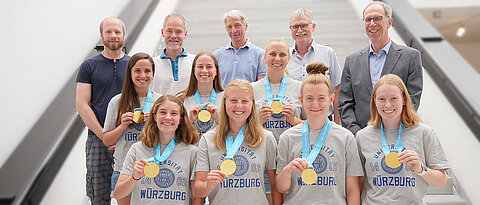
The student women's football team from Würzburg won the championship title at the European University Games, while the men finished runners-up. The University Board congratulated the teams.
more
The student women's football team from Würzburg won the championship title at the European University Games, while the men finished runners-up. The University Board congratulated the teams.
more
People trust medical advice less if they suspect that an artificial intelligence is involved in its creation. This is the key finding of a study by psychologists from the University of Würzburg.
more
A team at the Helmholtz Institute for Infection Research in Würzburg, Germany, led by RNA expert Chase Beisel, has developed a new technology for the precise detection of RNA using DNA-cutting Cas12 nucleases.
more
Artificial intelligence can detect lies much better than humans. This also has an impact on social interaction, as a recently published study shows.
more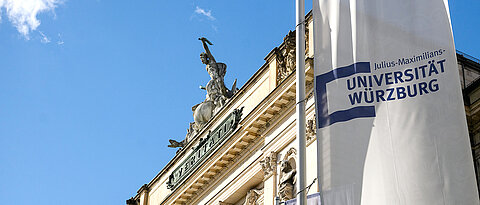
On 3 July 2024, a group of "Students for Palestine" set up a camp on the university campus. The university management takes a stand.
more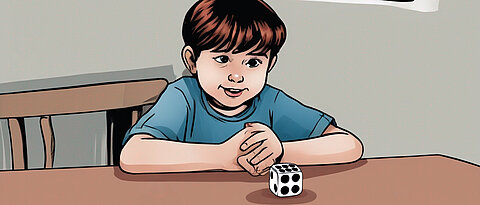
Parents and upbringing play a major role in determining how often children lie. This behavior can be positively influenced with simple measures. This is shown by a new study by economists from Würzburg, Bonn and Oxford.
more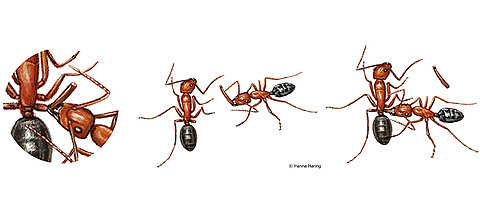
In an emergency, ants bite off injured limbs of fellow ants to ensure their survival. Whether they take this radical step depends on the location of the wound.
more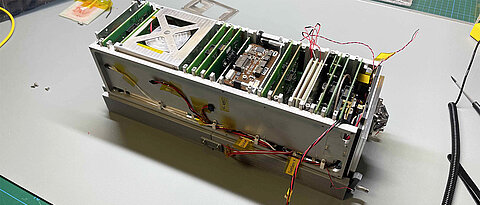
A team from the University of Würzburg is developing an AI-based attitude control system that will allow satellites to maneuver autonomously. The new technology will be tested in space.
more
There are still more men than women in STEM subjects - despite years of intensive efforts to change this. JMU alumna Susanne Knotzer explains why this is the case.
more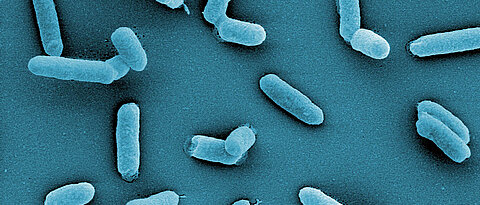
Researchers at the Würzburg Helmholtz Institute for Infection Research led by RNA expert Chase Beisel have developed a new approach to DNA transformation and gene mutation in bacteria.
more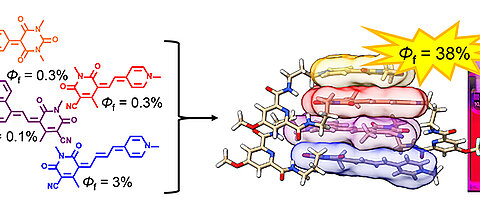
Würzburg researchers from the Bavarian initiative Solar Technologies Go Hybrid are reporting progress on the road to more efficient utilisation of solar energy: they have developed an innovative light-harvesting system.
more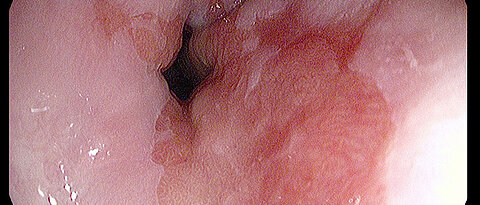
A Czech-Bavarian research team is developing an artificial intelligence that specialises in gastroscopy. The AI is intended to assist doctors with diagnoses.
more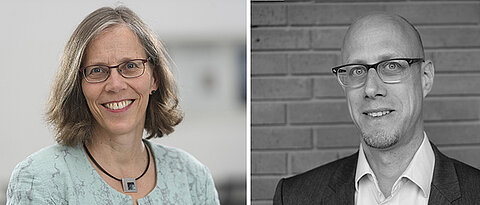
The specialist magazine China.Table ranks Professor Doris Fischer and Professor Björn Alpermann from the University of Würzburg among the ten leading minds in China studies in Germany.
more
What effect do economic sanctions have on the countries affected, such as Russia or Iran? Economists from Würzburg, Kiel, Berlin and Bielefeld have analysed these questions.
more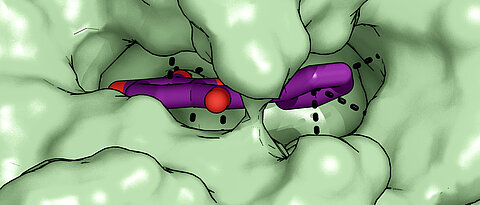
A low vitamin B6 level has negative effects on brain performance. A research team from Würzburg University Medicine has now found a way to delay the degradation of the vitamin.
more